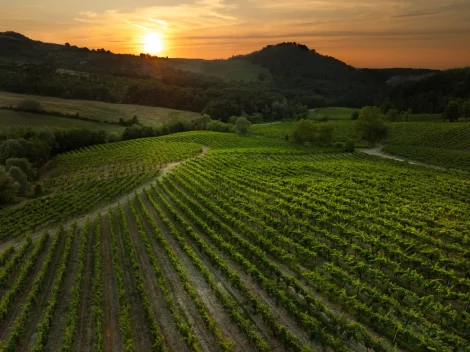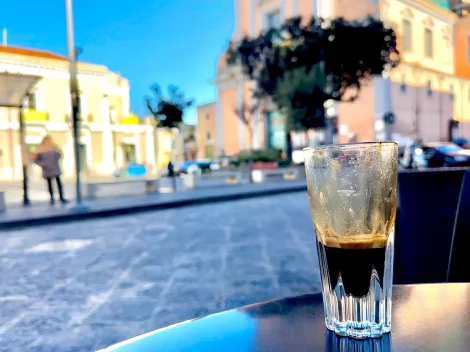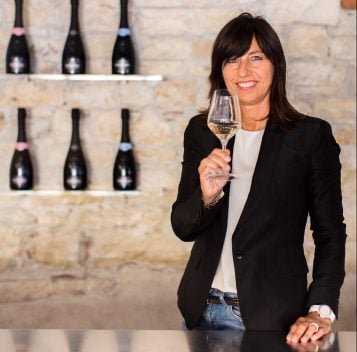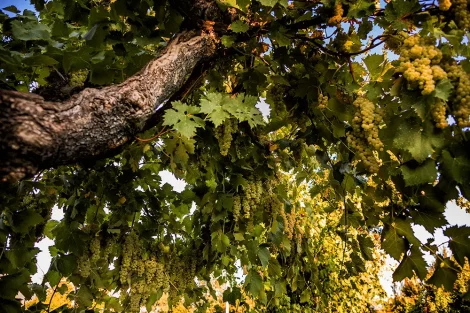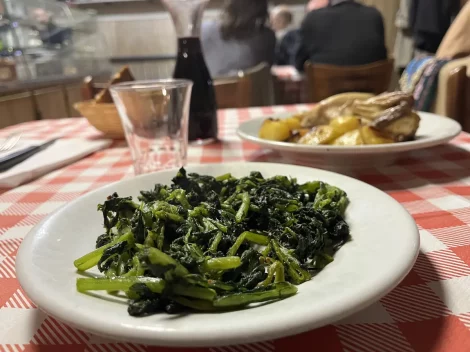by Norma Judith Pagiotti
There is a corner of the Tuscan Pratomagno where time has stopped running and has started fermenting. This is not a play on words: there, among centuries-old chestnut trees, nettles and high-altitude silences, stands Pan di Legno, an osteria made of real wood, of rough earth, of dirty hands and burning kitchens. No neon signs, no laminated menus: only a restored farmhouse in the hamlet of La Trappola, a fraction of Loro Ciuffenna, a handful of kilometres from Terranuova Bracciolini (Arezzo). If these places don’t ring a bell, don’t worry, they are the quieter flip side of Tuscany. On the Arezzo side of the mountain, where people cook, ferment, walk and share.

Pan di Legno is not a restaurant, it is not a farmhouse inn, but the fruit of an encounter, between a Salento-born woman who transplanted herself and a Valdarno local with Piacenza roots, Francesca and Jody, once a linguist and a maintenance worker, who crossed paths along the way and, step by step, are creating something real. A rural and visionary experiment that smells of koji, verjuice and wet leaves. Here they cook the cuisine of the land, of course, but with a twist that has more to do with alchemy than with tradition.
You won’t find the usual “typical” dish, but a dissonant and fascinating symphony of ancient elements and new visions: salted butter with home-grown red garlic, pork bombette from Grigio del Casentino with fermented chutney, maltagliati with meadow herbs, wild boar, infusions of wild leaves. Everything is prepared with ingredients that tell a precise geography: zolfino beans, Valdarno olive oil, chestnuts gathered by hand between October and November. But above all, slow and daring fermentations that transform plants into living flavour. Things that bubble away in the rooms whenever workshops, courses and collective fermentation sessions are held, always under the name of Pan di Legno. The courses are anything but academic: here they talk about microbiome, seasons, “good” moulds, but also about rural life, climate change, returns to the land that are not nostalgic, but stubborn and radical.
Mountain ecosystem
Pan di Legno is part of an ecosystem, as an autonomous reality, but deeply connected to everything around it. From the hamlet also starts the important project of the Pratomagno Community Cooperative; born from the intention of a group of inhabitants and businesses of the Upper Valdarno to counter the abandonment of the Pratomagno Massif. The Orma del Lupo hostel (24 beds) has been taken over by the same association and can be the perfect base for discovering a truly uncontaminated area.

Activities all year round
With Pan di Legno, throughout the year, one also walks. In spring among daffodils and edible plants, in summer cooking over embers, in autumn collecting chestnuts and fermenting mushrooms, while under the pergola discussions continue on living mountains and future cuisines. This atypical mountain restaurant, as the young couple who take care of it like to call it, is the convivial heart of all this. The osteria opens at weekends, but it is never the same.
The menu changes with the mood of fermentations, with the surprises of the garden and woods, with what nearby producers are able to provide. Meals are served, when the weather allows, on a large terrace overlooking the entire Valdarno, where people talk and listen to each other. It is a place that does not serve customers, but hosts accomplices.

The name, Pan di Legno, is both ironic and very serious: it evokes hunger, the essential, the cuisine of recovery, but also the living forest, the raw material that is everywhere here: in the self-made furniture, in the wooden plates, in the paths that start from the doorstep. Wood, in short, as the mother material. And bread, fermented bread, as a symbol of the slow and profound transformation that this place represents. Yes, the food is good. But above all one leaves with the rare feeling of having been part, even if only for a meal, of a small, gentle revolution. The kind that does not shout, does not post every day, but that changes territories from within, as yeast does with dough: silently, with patience, leaving a trace.

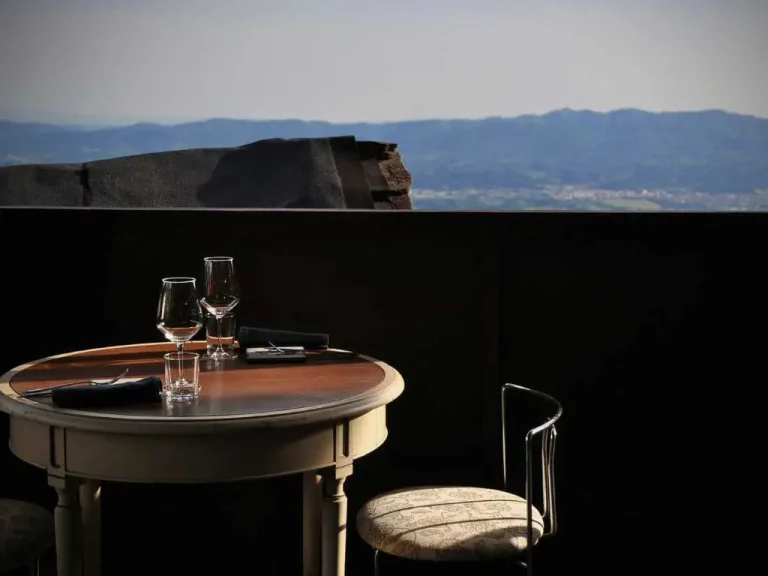
 'You cannot ignore a country of more than 230 million people'
'You cannot ignore a country of more than 230 million people' 'I drink wine with Sprite,' confesses Lionel Messi
'I drink wine with Sprite,' confesses Lionel Messi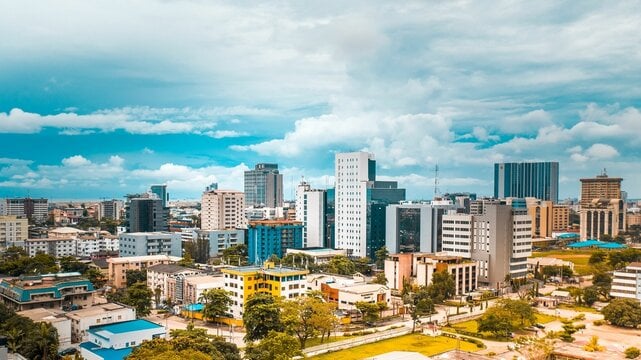 The Consorzio Vino Chianti heads to Nigeria: 'A historic step towards opening new routes for Italian wine'
The Consorzio Vino Chianti heads to Nigeria: 'A historic step towards opening new routes for Italian wine' 'The Mercosur agreement is also good for Prosecco'
'The Mercosur agreement is also good for Prosecco'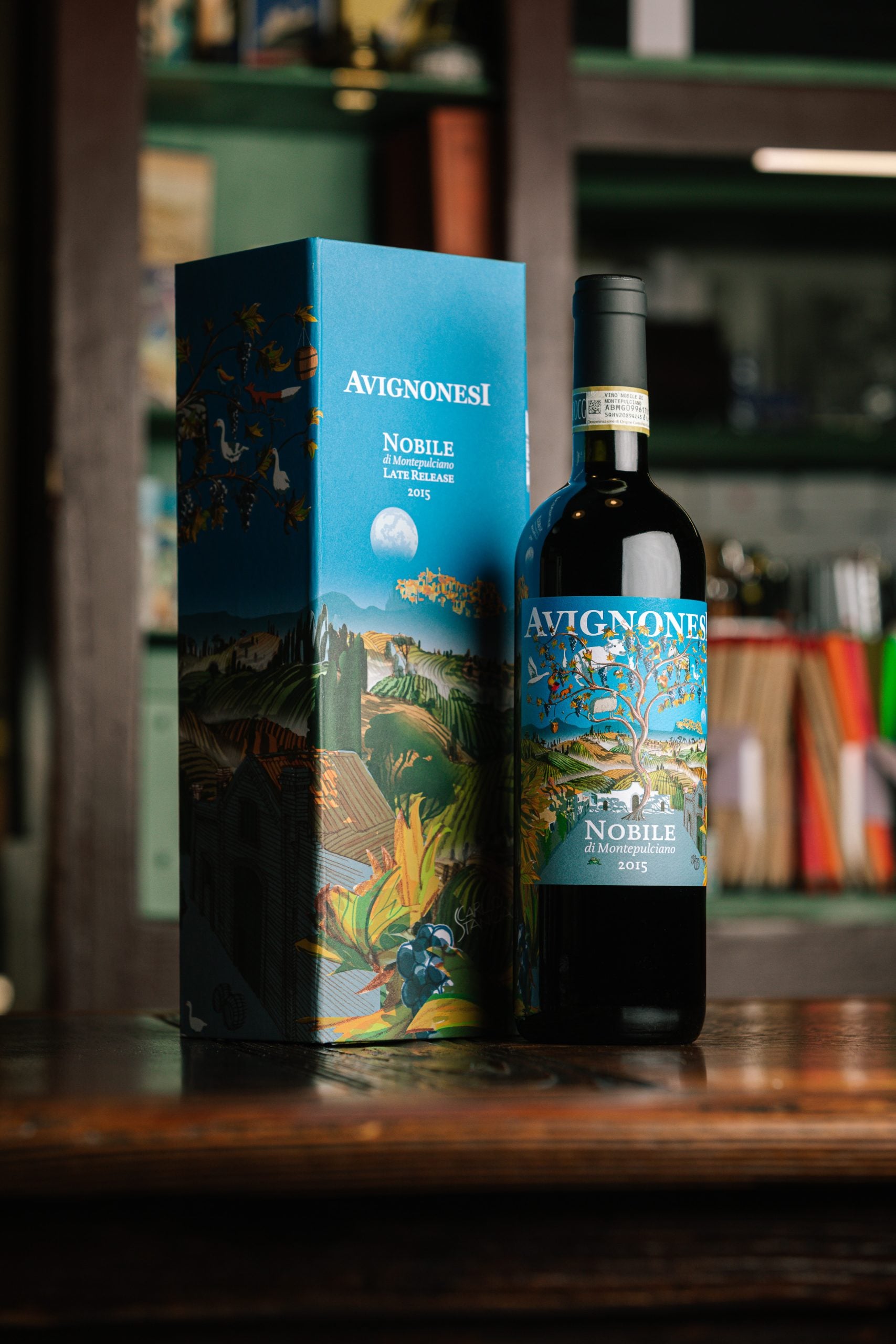 The bottle where Vino Nobile di Montepulciano meets Milanese design
The bottle where Vino Nobile di Montepulciano meets Milanese design